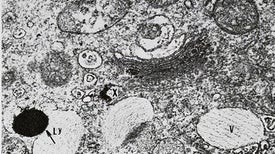
Biology 101 Update: A Cell’s Lysosomes Are More Than Garbage Disposals
Mounting evidence suggests they are control centers for a cell’s growth and survival

Mounting evidence suggests they are control centers for a cell’s growth and survival

A study of white female nurses found those who were more optimistic were a third less likely to die of any cause

For many people with depression, serious exercise may be the best, cheapest and safest treatment

Dietary needs of these wandering cells could prove to be an Achilles hell
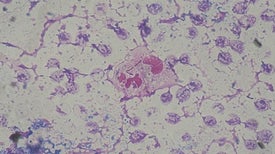
Phage therapy is not approved for regular use by the FDA

An ER case study shows that although hot peppers aren't typically dangerous themselves, in rare, extreme cases they can make your body do some pretty crazy things

Not all that well, says a new study from the Pew Research Center

Mitochondrial disease can somehow creep back in, even if a mother’s mitochondria are virtually eliminated in an attempt to block inherited illnesses

Tom Price has opposed abortion rights and embryonic stem cell research funding
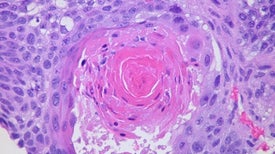
Next generation of Trojan-horse drugs designed to minimize damage to healthy cells

A low-fiber diet causes fiber-eating microbes to dwindle, opening up real estate for mucus munchers that make the intestine more vulnerable to infection. Christopher Intagliata reports.

Does the estrogen in cow’s milk promote the growth of hormone-sensitive cancers or cause early puberty in children? Nutrition Diva investigates

Researchers worry about misinforming people about the risk of disease

Change to immune-system genes in indigenous Canadians linked to epidemic introduced by Europeans

As the stigma of being transgender begins to ease, medicine is starting to catch up
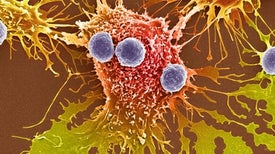
The move by Chinese scientists could spark a biomedical duel between China and the U.S.

Stricter laws under a Trump administration will hamper safe care, but could spur more private money for reproductive health

A visit to your doctor may not always be the best idea. Here's five common reasons to skip that primary care office visit

Facebook users in California had slightly better health outcomes than nonusers, even after controlling for other factors. Christopher Intagliata reports.
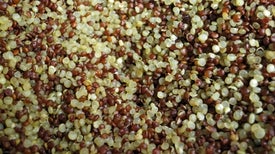
Some worry that saponins in quinoa can damage your intestines. But is there evidence to support these claims?
Support science journalism.

Thanks for reading Scientific American. Knowledge awaits.
Already a subscriber? Sign in.
Thanks for reading Scientific American. Create your free account or Sign in to continue.
Create Account